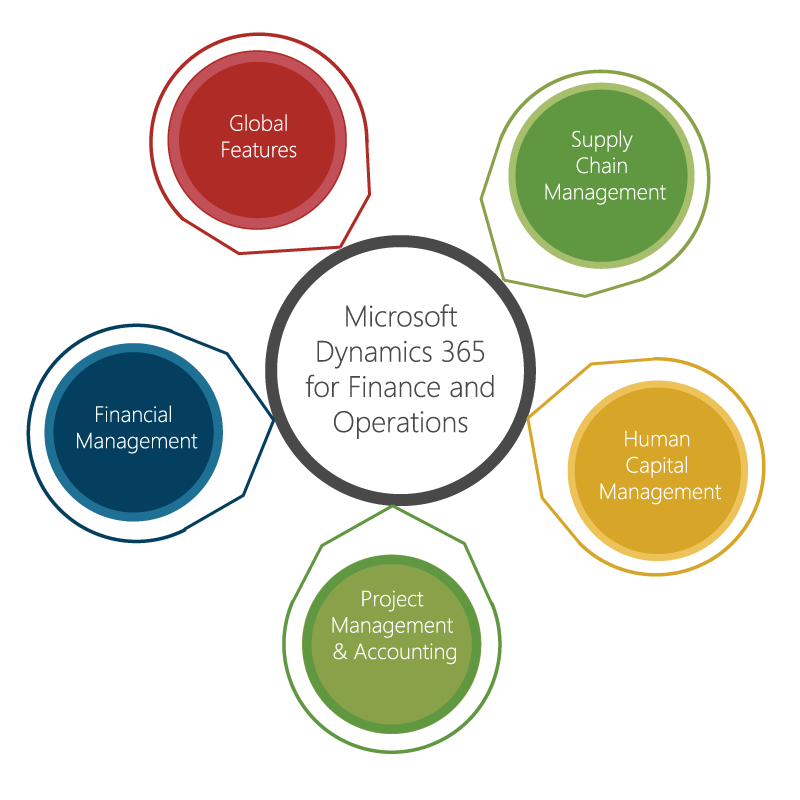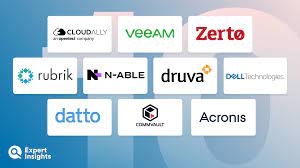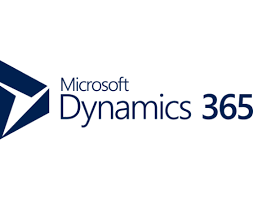
In the fast-paced world of the construction industry, staying ahead of the curve is essential. One way to do this is by investing in a modern Enterprise Resource Planning (ERP) system. But with so many options available, how do you choose the right ERP system for your construction business? In this article, we'll explore eight crucial factors to consider when selecting a modern ERP tailored to the construction industry's unique needs.
Table of Contents
- Introduction
- Understanding the Construction Industry
- Scalability
- Integration Capabilities
- Industry-Specific Features
- User-Friendliness
- Mobile Accessibility
- Data Security
- Customization Options
- Customer Support
- Cost Considerations
- Return on Investment (ROI)
- Future-Proofing
- Case Studies
- Conclusion
- Frequently Asked Questions (FAQs)
1. Introduction
Selecting the right ERP for your construction business is a critical decision that can impact your operations, efficiency, and overall success. This article will guide you through the essential factors to consider when making this important choice.
2. Understanding the Construction Industry
Before delving into ERP selection, it's crucial to understand the construction industry's unique requirements. Construction businesses deal with project management, resource allocation, budgeting, and compliance, all of which need to be efficiently managed by the ERP system.
3. Scalability
A modern ERP should be scalable to accommodate your company's growth. Ensure that the ERP can handle an increase in project size, the number of users, and the volume of data without major disruptions or costly upgrades.
4. Integration Capabilities
Your ERP should seamlessly integrate with other software and systems used in the construction industry, such as project management tools, accounting software, and scheduling applications. A lack of integration can lead to inefficiencies and data discrepancies.
5. Industry-Specific Features
Look for an ERP system specifically designed for the construction industry. It should offer features like project tracking, subcontractor management, equipment tracking, and compliance tools that cater to the unique needs of construction projects.
6. User-Friendliness
An intuitive and user-friendly ERP system is essential for ensuring that all team members can effectively use the software. Complex systems can lead to resistance and hinder adoption.
7. Mobile Accessibility
In the construction industry, teams are often on the move. Choose an ERP that offers mobile accessibility, enabling real-time updates and collaboration from job sites, enhancing productivity and communication.
8. Data Security
Construction projects involve sensitive data, and protecting it is paramount. Ensure your chosen ERP system provides robust security features to safeguard your company's and clients' information.
9. Customization Options
Every construction business is unique, and your ERP should be customizable to fit your specific needs. Look for a system that allows for easy customization without the need for extensive coding.
10. Customer Support
Reliable customer support is vital when implementing an ERP system. Ensure that your ERP provider offers excellent support, including training, troubleshooting, and updates.
11. Cost Considerations
Evaluate the total cost of ownership, including licensing, implementation, and maintenance costs. Make sure the ERP system aligns with your budget without compromising essential features.
12. Return on Investment (ROI)
Consider the long-term benefits of the ERP system. A well-chosen ERP should provide a significant return on investment by improving efficiency, reducing errors, and streamlining operations.
13. Future-Proofing
Select an ERP system with a clear roadmap for future development and updates. This ensures your investment will remain valuable as technology evolves.
14. Case Studies
Explore real-world case studies of construction companies that have successfully implemented the ERP system you're considering. Learning from their experiences can provide valuable insights.
15. Conclusion
Choosing the right modern ERP system for your construction business is a strategic decision that can drive your company's growth and success. By carefully considering these eight factors, you can make an informed choice that will benefit your organization for years to come.
Frequently Asked Questions (FAQs)
1. What is an ERP system, and why is it essential for the construction industry?
An ERP system is a software solution that integrates various business processes and data into one centralized platform. It's essential for the construction industry to streamline operations, enhance project management, and ensure compliance.
2. Can a construction-specific ERP system work for both small and large construction companies?
Yes, many construction-specific ERP systems offer scalability, making them suitable for both small and large construction companies. They can adapt to the specific needs and size of your business.
3. How can mobile accessibility benefit construction projects?
Mobile accessibility allows construction teams to access critical project information and collaborate in real time, even when on-site. This improves communication, reduces delays, and enhances productivity.
4. What are the typical security features in a construction-specific ERP system?
Security features in a construction-specific ERP system often include data encryption, role-based access controls, and compliance tools to protect sensitive project and financial data.
5. How long does it take to implement an ERP system in a construction company?
The time required for ERP system implementation can vary depending on the complexity of your business and the chosen system. It can range from several months to over a year for large enterprises.
In conclusion, choosing the right ERP system is a pivotal decision for the growth and success of your construction business. Make a well-informed choice by considering these eight essential factors. If you have further questions, please refer to our FAQs or click the provided link for more information.

































